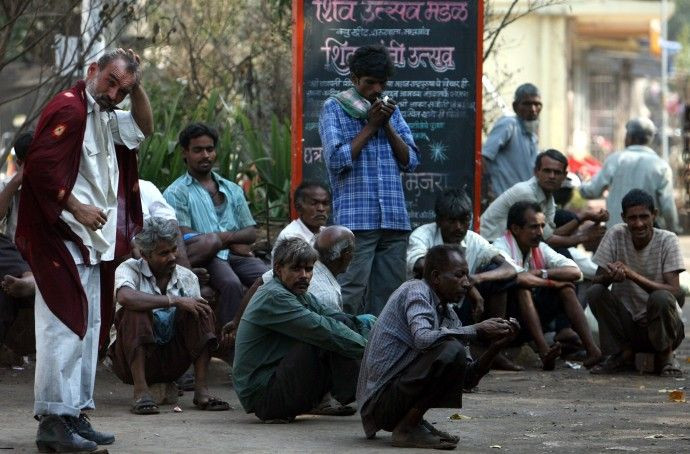Unemployment the greatest economic challenge: WTO chief

The most serious [economic] challenge today is that of unemployment, said Pascal Lamy, the director-general of the World Trade Organization (WTO) last Friday at the Indian Chamber of Commerce and Industry.
Employment is important in capitalistic societies because it is the primary source of income for the middle- and lower-class.
Speaking in Germany last Friday, International Monetary Fund (IMF) chief Dominique Strass-Kahn said growth without jobs is growth without value.
Moreover, Strauss-Kahn said unemployment marginalizes people from society and even undermines their belief in institutions and democracy.
However, Lamy said discriminating against foreign goods is the wrong response to high domestic unemployment since such measures would certainly leave each of us much worse [off].
He said efforts to add jobs is the reason behind the global currency wars; countries like China undervalue their currencies through capital controls and those like the United States do so through excessively loose monetary policy.
The logic is that weaker currencies make a country's exports cheaper, so the tradeable goods sector will expand and create jobs.
However, Lamy said such unilateral and discriminatory policies only lead to tit-for-tat protectionism; instead, the solution should be through coordinated and multilateral policies that increase the flow of trade for everyone.
Citing widely held economic theories, he said trade produces efficiency gains from specialization based on comparative advantage, promotes competition, and takes advantage of economies of scale.
These increases in output levels in turn boosts demand and therefore creates more jobs. A recent report by the WTO, in conjunction with other international organizations, found a ten percent increase in trade openness reduced the unemployment rate by about one percent. In India, for example, 14 million jobs have been created through exports growth from 2003 to 2008, said Lamy.
He also said in certain cases, countries should expand social safety nets and worker training programs to soften some of the negative impacts of global trade, which does lead to job losses in certain sectors but gains for the overall economy in the long run.
However, what Lamy does not address is the impact of global trade on the jobs market of advanced and high-income countries. The U.S., for example, arguably lost millions of high-paying manufacturing jobs that were only partially replaced by low-paying services jobs.
Although there is little doubt that trade does produce overall economic gains, there is plenty of skepticism over its benefit to middle- and low-income workers. One argument is that the benefits accrue to business owners and top executives instead of workers.
Indeed, data shows wages in both China and the U.S. have not kept pace with productivity gains. Instead, those gains disproportionately flowed to the ultra-wealthy. In addition to holding down general living standards, this skewed distribution of income may hamper consumer spending and therefore hurts the overall economy.
Lamy also does not address the issue of global labor arbitrage, a phenomenon in which multinational corporations move jobs to countries with the least labor protection and lowest wages. This race to the bottom drags down overall worker compensation in high-income countries.
The WTO did not immediately respond to inquiries regarding the skewed distribution of productivity gains and the phenomenon of global labor arbitrage.
Email Hao Li at hao.li@ibtimes.com
© Copyright IBTimes 2024. All rights reserved.





















